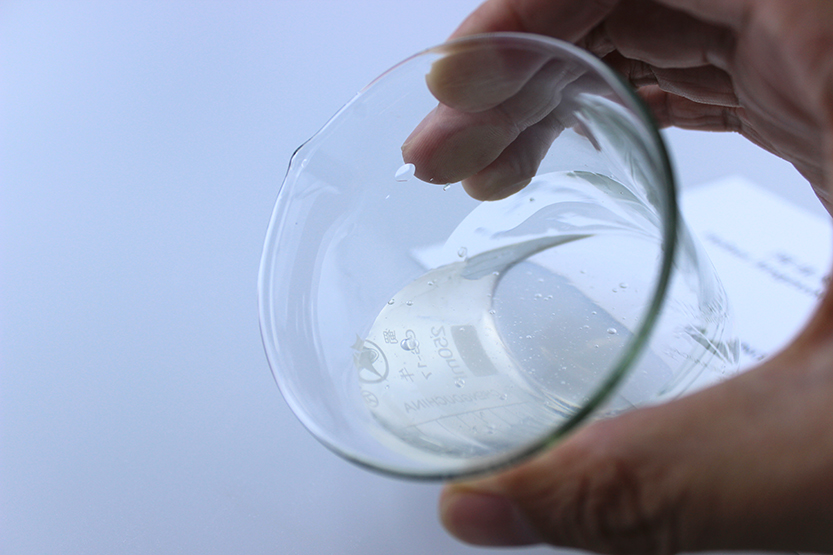
dec . 12, 2024 19:11 Back to list
hydroxyethylcellulose natural
Understanding Hydroxyethylcellulose A Natural Polymer with Versatile Applications
Hydroxyethylcellulose (HEC) is a non-ionic, water-soluble polymer derived from cellulose, a naturally occurring biopolymer sourced from the cell walls of plants. As a derivative of cellulose, HEC retains many of the properties of its precursor while acquiring unique characteristics that enhance its functionality in various industries. This article explores the properties, applications, and benefits of hydroxyethylcellulose, particularly in the context of its natural origin.
Properties of Hydroxyethylcellulose
HEC features a unique structure with hydroxyethyl groups introduced to the cellulose backbone, which significantly alters its solubility and viscosity properties. The degree of substitution, or the number of hydroxyethyl groups per glucose unit in the cellulose chain, can vary, leading to different grades of HEC with distinct characteristics. One of the most remarkable properties of HEC is its ability to dissolve in cold water, forming a clear and viscous solution, which is advantageous for many formulations.
HEC is also known for its excellent thermal stability and resistance to shear, making it suitable for a wide range of processing conditions. Another notable feature is its ability to retain water, enhancing moisture retention in formulations. This property is particularly valuable in personal care and cosmetic products, where hydration is a key component.
Applications of Hydroxyethylcellulose
The versatility of hydroxyethylcellulose has led to its widespread use across various industries, including pharmaceuticals, cosmetics, food, and construction
.1. Pharmaceuticals
In the pharmaceutical sector, HEC is commonly used as an excipient in various formulations. Its thickening and gelling properties improve the texture and stability of liquid medications, creams, and gels. HEC also plays a role in controlled-release formulations, where it helps regulate the release of active ingredients over time.
2. Cosmetics and Personal Care
hydroxyethylcellulose natural

HEC has found a significant niche in the cosmetics industry, where it serves as a thickening agent and stabilizer in products such as lotions, shampoos, and conditioners. Its moisturizing properties enhance skin feel and appearance, making it a popular choice in formulations aimed at hydrating and nourishing the skin. Moreover, HEC helps to improve the spreadability of products, ensuring even application.
3. Food Industry
In the food sector, hydroxyethylcellulose is utilized as a thickening and stabilizing agent. It contributes to achieving desired textures and consistencies in a variety of food products, including sauces, dressings, and bakery goods. Given its natural origin, HEC is generally recognized as safe (GRAS) by regulatory authorities, making it an attractive option for clean-label formulations.
4. Construction
HEC is also employed in the construction industry, particularly in the formulation of mortars and stuccos. Its water retention properties enhance adhesion and workability, improving the performance of construction materials. This application is vital in ensuring the durability and longevity of structures, as it helps prevent cracking and shrinkage.
Benefits of Hydroxyethylcellulose
One of the key advantages of hydroxyethylcellulose is its natural origin, which resonates well with the growing consumer demand for sustainable and eco-friendly products. As a biodegradable polymer, HEC contributes to reducing the environmental impact of various applications. Additionally, its non-toxic nature makes it suitable for use in products that come into contact with skin and food.
Moreover, HEC's versatility allows manufacturers to tailor formulations to meet specific needs, enhancing product performance while ensuring compliance with industry standards and regulations. This adaptability further solidifies HEC's position as a valuable ingredient across multiple sectors.
Conclusion
Hydroxyethylcellulose is a remarkable natural polymer that exemplifies the fusion of industrial utility with environmentally conscious sourcing. Its unique properties and versatile applications make it a staple ingredient across diverse industries, from pharmaceuticals to cosmetics and food. As sustainability continues to shape consumer preferences, HEC stands out as a trustworthy and effective option for manufacturers seeking both performance and eco-friendly solutions.
-
Versatile Hpmc Uses in Different Industries
NewsJun.19,2025
-
Redispersible Powder's Role in Enhancing Durability of Construction Products
NewsJun.19,2025
-
Hydroxyethyl Cellulose Applications Driving Green Industrial Processes
NewsJun.19,2025
-
Exploring Different Redispersible Polymer Powder
NewsJun.19,2025
-
Choosing the Right Mortar Bonding Agent
NewsJun.19,2025
-
Applications and Significance of China Hpmc in Modern Industries
NewsJun.19,2025







